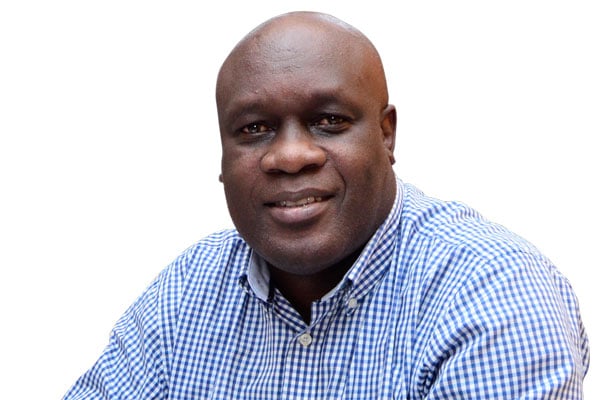Prime
To walk with laws without ethics or to walk with both?

Odoobo C. Bichachi
What you need to know:
- Be a journalist that seeks to minimise harm, not one that seeks to escalate pain
On Monday, there was a public furor about the accuracy and necessity of publishing the controversial kicker in a story, “Details emerge on Tumwine’s last hours”. Daily Monitor promptly corrected the facts and the context. The ethical question, however, remained. I have written about this subject earlier in my column in March.
It is important to note though, that ethics are not laws, unless codified like into, say The Press and Journalist Act (1995) as the Professional Code of Conduct. Ethics therefore mostly remain as moral and professional guidelines. In Uganda’s journalists’ code of ethics, there is however no provision on reporting about grief which was the guidance required in this case.
The NMG Editorial Policy Guidelines has a very short provision on this which reads, thus; “Intrusion into grief or shock: In cases involving personal grief or shock, enquiries should be carried out and approaches made with sympathy, empathy and discretion.”
The judgment call for editors, therefore, is down to the extent of sympathy, empathy and sensitivity deployed, as well as to best industry practices.
As I wrote then (see “How journalists should not cover the death of Oulanyah” – March 25), How journalists shouldn’t cover the death of Oulanyah the cardinal rule is “to report sensitively”. Sensitivity, however, is subjective! To refresh our journalists and the general public, I therefore share, again, from www.journalism.co.uk and www.poynter.org what is generally deemed best practice and international code of ethics in reporting about grief. There we go:
• Can you justify why and how you are reporting? Is it in tandem with the letter and spirit of the journalism code of ethics?
• Do not report death in a light-hearted way laced with “gratuitous or gory details” about the final moments of the deceased.
• It is quite common now for the media to “take innocuous information from Facebook sites that are publicly accessible”. While this is not a problem, “concerns will be raised if actions go against privacy settings; if the context is taken away or if it retains some quality of personal information”.
• Avoid making any suggestions about the behaviour of relatives or friends. If the families decide they don’t want to comment, do not turn to neighbours or members of the local community who may be speculating about the situation then voila, you go to print!
• The best sources for stories about death are immediate family – spouses, children, parents. Start there and move outward toward siblings, friends, cousins and coworkers.
• As hard as it is sometimes, we always say that someone died, not that they “passed away” or “passed on”. You can certainly use this language in your questions, but when it comes time to write the story, stick to “died.”
• Respect the family and their emotions. Also, “go back over any extremely personal or sensitive details before publication, in case the family decides they don’t want to have certain details published after all.” For instance, does the family want to go on the record that they believe the deceased was bewitched?
• Context and content always go hand in hand. Do not take content out of context because it will create misunderstanding and more pain. Be a journalist that seeks to minimise harm, not one that seeks to escalate pain.
• Leave the cause of death to those qualified to know or what’s documented on the death certificate, not those in emotional distress.
• Tweet or post on social media responsibly. You are expected to know better than the guy with a smartphone on the street and no communications training.
• If you are at the vigil and someone is talking to another within your earshot, do not just pick and publish. Identify yourself, ask to clarify and if they wish what they say to be a matter of public record.
My final thoughts on this is: It is often said that what the law does not say is not prohibited! However it is also said laws determine your extent of play but ethics define what you stand for and what you shall be known for. Journalists therefore need to be alive to what impact walking with the law and waving off ethics, or walking with both can eventually have on how they are perceived by the public (read the market). You can survive the law and be killed by ethics!
Send your feedback/complaints to [email protected] or call/text on +256 776 500725.



